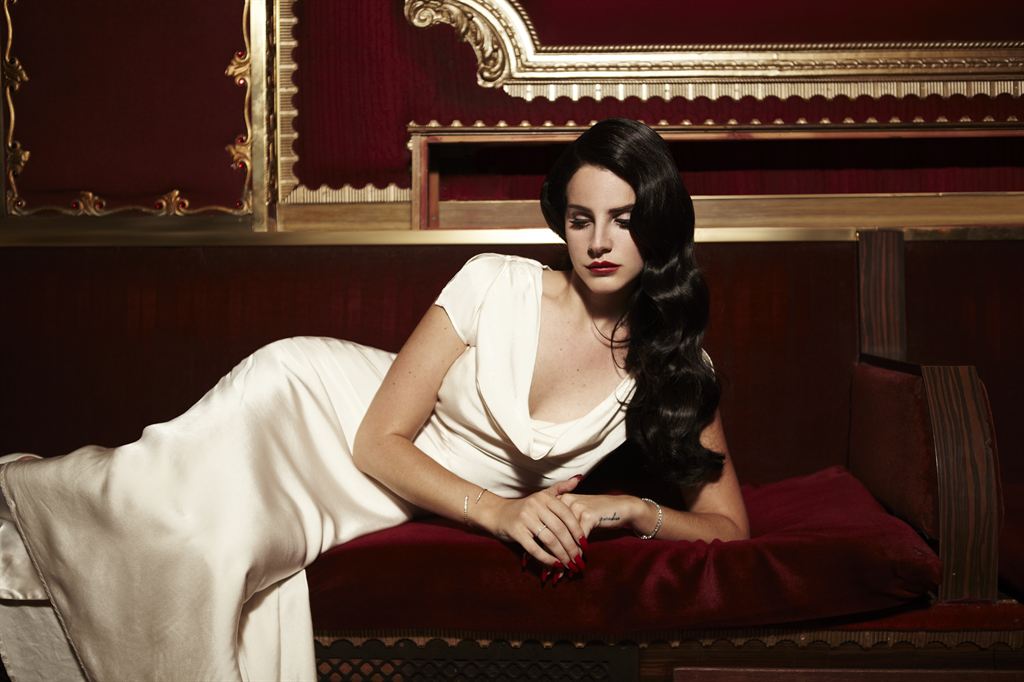The established country music hierarchy witnessed something unexpected Friday night at Stagecoach 2025. As the California desert cooled under a violet sky, Lana Del Rey emerged on the Palomino Stage in a white prairie dress that communicated more about her artistic intentions than any press release could have.
The crowd—many sporting cowboy hats and traditional country concert attire—watched with a mixture of curiosity and skepticism that would soon transform throughout her set. What followed wasn’t just a performance but a deliberate challenge to the artificial genre boundaries that music industry executives have spent decades constructing. (Like watching someone calmly dismantle a prison brick by brick while the guards stand helplessly by.)
Del Rey’s performance at Stagecoach Festival 2025 on Friday, April 25, marked a significant moment for an artist typically associated with dreamy indie pop rather than country music. Her set demonstrated how arbitrary our musical boundaries have become in the streaming era—walls maintained not for artistic integrity but for marketing simplicity.
The festival appearance allowed Del Rey to preview material from her forthcoming album “The Right Person Will Stay” (previously announced as “Lasso”). Based on her performance, the album appears to blend her signature cinematic storytelling with country elements, suggesting an evolution of her sound rather than a calculated genre pivot.
Del Rey’s presence at Stagecoach exposed the historical amnesia plaguing modern music discourse. Her musical approach carries echoes of artists like Bobbie Gentry and Tammy Wynette, revealing country influences that were always present beneath Del Rey’s noir-pop surface. These connections aren’t crossover attempts but reclamations of a lineage mainstream country gatekeepers have sometimes overlooked.
As darkness settled completely over the festival grounds, Del Rey’s performance highlighted how streaming platforms have transformed music consumption. When listeners create playlists based on mood rather than genre, the distinction between who belongs at a country festival versus a pop festival becomes increasingly irrelevant—pleasant fiction masquerading as essential truth.
For viewers watching via Stagecoach’s official livestream, the performance generated meaningful reassessment of Del Rey’s artistic identity. Comments flooded in from viewers who claimed they’d “never understood Lana until now,” illustrating how genre prejudice often prevents listeners from recognizing artistic substance across categorical boundaries.
Del Rey’s Stagecoach appearance represents a broader industry trend where artists increasingly resist genre categorization. In a music landscape where playlist placement matters more than Billboard chart categories, her performance suggests the artificial walls between musical styles continue to dissolve, allowing artists more freedom to explore diverse influences without fear of alienating existing fans or industry gatekeepers.
The delayed release of her album from its original May 21 date builds anticipation for what this genre experimentation might yield—a collection that doesn’t abandon her established sound but expands it through country-influenced exploration. As streaming continues reshaping how audiences discover and consume music, Del Rey’s Stagecoach moment stands as evidence that artists who transcend genre expectations often reveal more authentic creative visions than those who remain safely within prescribed boundaries.


























